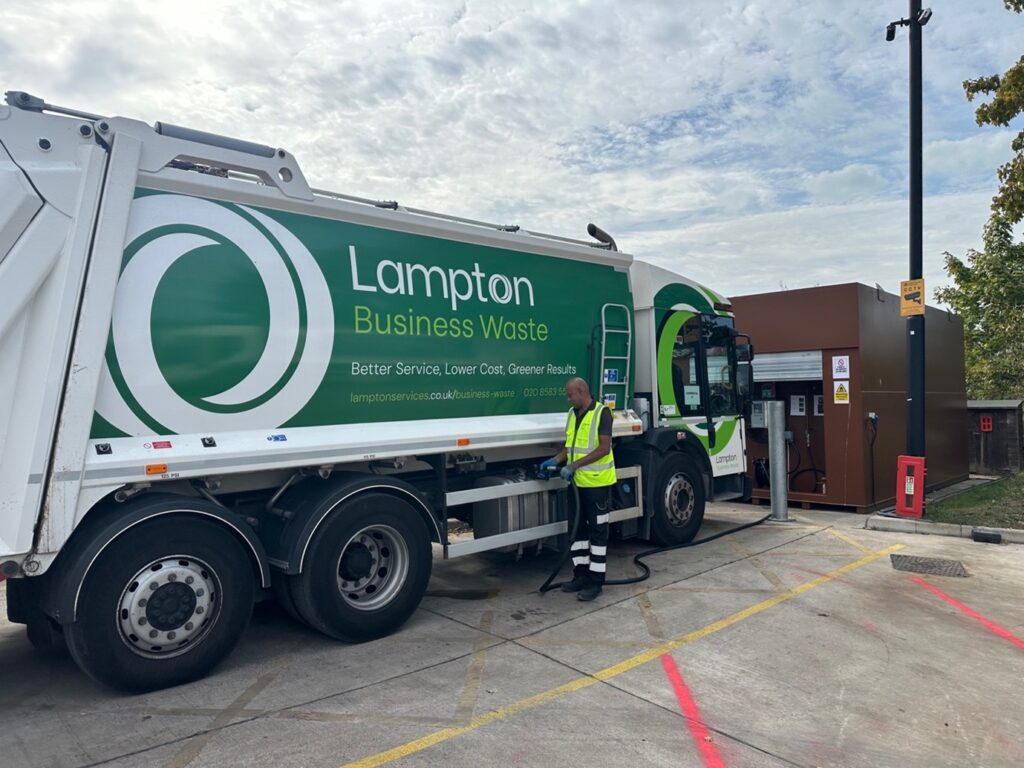On Tuesday (September 2 2008) the authority approved plans, under the Controlled Waste Regulations, to charge some residents – who persistently contaminate their recycling bins – £10 for a special waste collection.
However the local authority has emphasised to letsrecycle.com that the charge would not be a fine, as it was an optional measure which would only be applied to persistent offenders, with residents given the option to clean out their bins themselves.
In addition, the authority explained the charge was designed to help boost recycling rates in the city and help householders understand that if they contaminated their bins, it cost the council money.
Mike Trim, head of cleansing services at Exeter council, told letsrecycle.com: “I have to emphasise that this is not a fine. The majority of people don't have anything to worry about as we accept that sometimes people make mistakes in what they dispose of and put the odd item in the bin.
“We don't expect to charge more than 20 people a year and it is just a hardcore that had a number of warnings. We are not going round and issuing £10 collection charges for every isolated contamination offence,” he added.
Charge
Under Exeter's scheme, the council will initially issue stickers on contaminated bins explaining to residents why the waste has not been collected and persistent offenders will then be visited by recycling officers to explain the recycling process.
However, if residents are warned three or four times and still do not comply, they will be issued a fixed penalty notice under section 46 of the Environmental Protection Act 1990, which specifically warns residents that they could be prosecuted if they put the wrong waste in the wrong bins.
If the resident still does not change their behaviour, and there is hard evidence that they have breached the notice, they may be prosecuted.
However, due to what the council believes are “weaknesses” in the legislation, which makes it hard to secure prosecutions in this way, they will alternatively give residents the choice to either clear the bins themselves or pay a charge of £10 for a special collection under section 2 of the Controlled Waste Regulations 1992, which outlines when a council may be obliged to charge for a collection.
If a resident says he or she will clean out the bins and do not, the council will not collect the contaminated bin and the resident will be subject to a special collection charge once the bin is deemed to be an environmental hazard under environmental legislation, such as the Public Health Act or section 90 of the Environmental Protection Act.
Mr Trim said: “We obviously realise that we have a legal obligation to collect waste but if people persistently don't comply then we can charge them.”
Offenders
The proposed charge is envisaged to target offenders who put residual waste, such as soiled nappies and dog excrement in their recycling bins, however, the council explained that it was “not giving up on residents recycling” and was trying to alert them to the cost involved in the removal of contaminants from the recycling stream.
Robert Norley, head of environmental health services, explained that use of the financial charge would “press upon” residents to clean up the bins themselves rather than pay for a collection.
Mr Norley defended the charge as a “useful tool” and said: “It is not a huge cost but it suggests to residents that there is a cost involved in dealing with contaminated waste.
“At our MRF contamination costs us around £70,000 a year, through shutting down the line and shutting the conveyor belts off and removing contaminates and the contaminated recyclates have to go to landfill,” he added.
Mr Trim highlighted that the council could simply remove offender's recycling bins and just supply them with two 240 litre grey residual waste receptacles instead but that would not help in the long run.
Mr Norley urged other councils to follow suit and said: “Any local authority can do this, and we would advise that this is not a bad way of doing things.”
The move to tighten penalties for bin offences in Exeter comes after the council failed in its bid to prosecute Hazel Road resident Donna Challice in 2006 for allegedly disposing of the wrong waste in her recycling bin. Unable to prove beyond reasonable doubt that Ms Challice was responsible for the six environmental offences, the council lost the case. (see letsrecycle.com story)










Subscribe for free